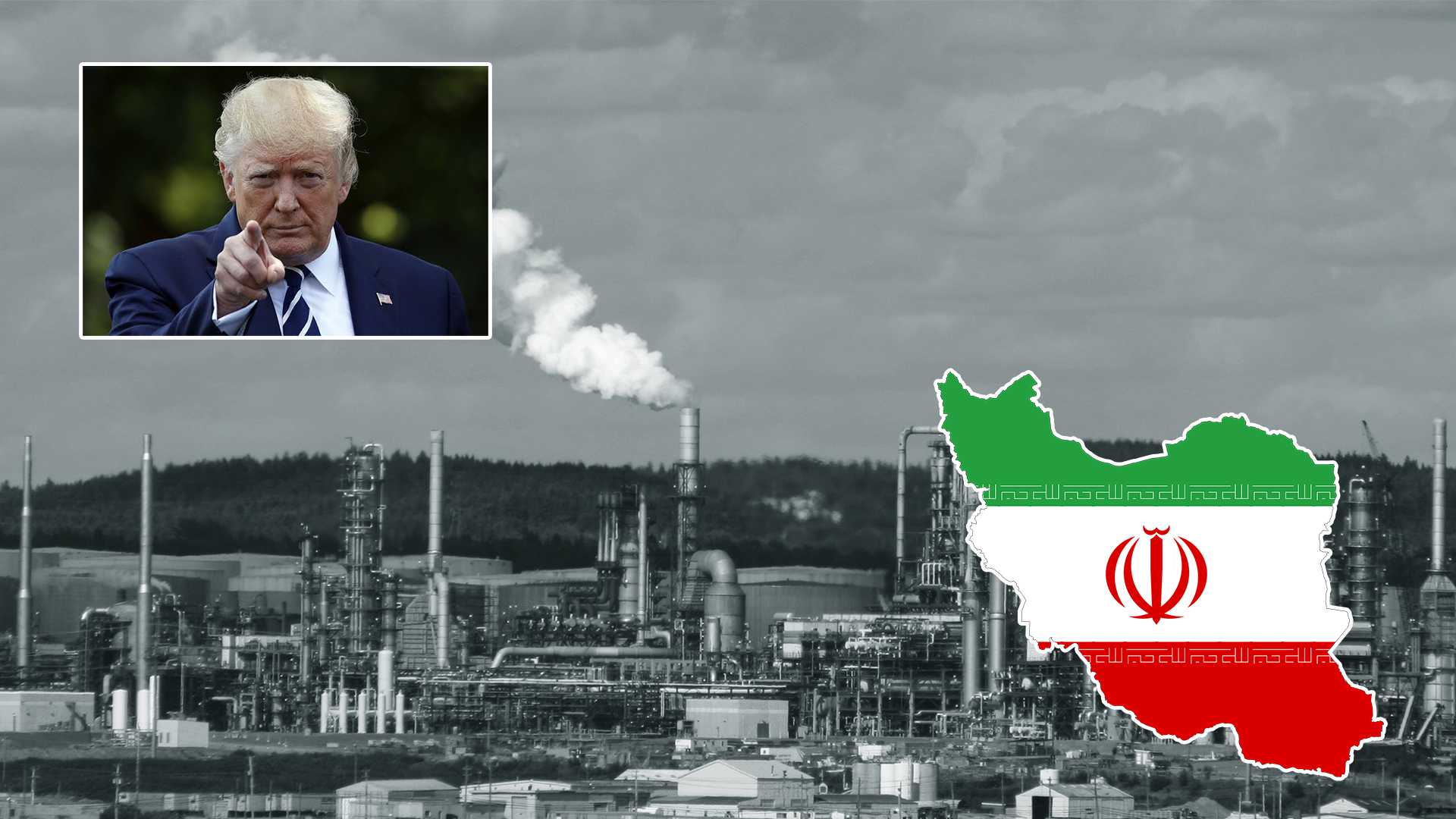Oil tops $70 as Iran, Trump exchange dangers

Oil costs rose over 1% on Monday, driving Brent above $70 a barrel, as talk from the United States, Iran and Iraq fanned strains in the Middle East after a U.S. air strike which murdered a top Iranian military authority.
Brent unrefined prospects LCOc1 took off to a high of $70.74 a barrel and was at $69.38 at 1150 GMT, up 78 pennies, or over 1%, from Friday's settlement, Reuters reports.
U.S. West Texas Intermediate CLc1 unrefined was at $63.64 a barrel, up 59 pennies, or 0.9%, in the wake of contacting $64.72, the most elevated since April.
The additions expanded Friday's over 3% flood after a U.S. air strike in Iraq killed Iranian military officer Qassem Soleimani on Friday, elevating worries about a heightening in struggle in the Middle East and the conceivable effect on oil supplies.
The district represents about portion of the world's oil generation, while a fifth of the world's oil shipments go through the Strait of Hormuz.
On Sunday U.S. President Donald Trump took steps to force authorizes on Iraq, the second biggest maker among the Organization of the Petroleum Exporting Countries (OPEC), if U.S. troops had to pull back from the nation.
Baghdad prior approached U.S. furthermore, other outside soldiers to leave Iraq.
Trump additionally said that the United States would fight back against Iran if Tehran somehow managed to strike back after the executing.
"The circumstance brings loads of vulnerability and geopolitical tea-leaf perusing on responses. While the conclusion of the Strait of Hormuz stays an impossible occasion, the disintegration in Iraq bears supply dangers," said Norbert Rucker, head of financial aspects at Swiss bank Julius Baer.
"Geopolitics will in general be an impermanent power on oil markets and we accept this time is the same. We raise our close term conjecture to $65 per barrel, and keep up an impartial view".
The Economist Intelligence Unit raised its first quarter projection for Brent by $5 to $70 a barrel, evaluating that Iran would almost certainly look to maintain a strategic distance from an open clash.
"We keep up our figure that the two nations are probably going to evade out and out war. Iran isn't in a position monetarily, after over a time of devastating U.S. sanctions, to back an unbalanced war with the U.S.," EIU worldwide financial analyst Cailin Birch wrote in a note.
In the United States, unrefined stocks fell by their most since June as fares surpassed 4 million barrels for each day without precedent for history, the Energy Information Administration said on Friday.
Somewhere else, terrible climate shut every one of the four
oil trade terminals in eastern Libya on Sunday and the conclusion could most
recent three days, port sources said.
Previous Story
- Cross-fringe exchange under SASEC: ADB to help BD's...
- NASA engineer stresses significance of experience
- Sri Lanka plans to set up texture preparing...
- Respect to Sir Fazle Hasan Abed
- 'Career Fair 2019' at BUTEX held
- Online VAT venture destined to miss its Dec...
- Fashion United's report refers to misdirecting figures on...
- Bangladesh should take advantage of lower cost of...